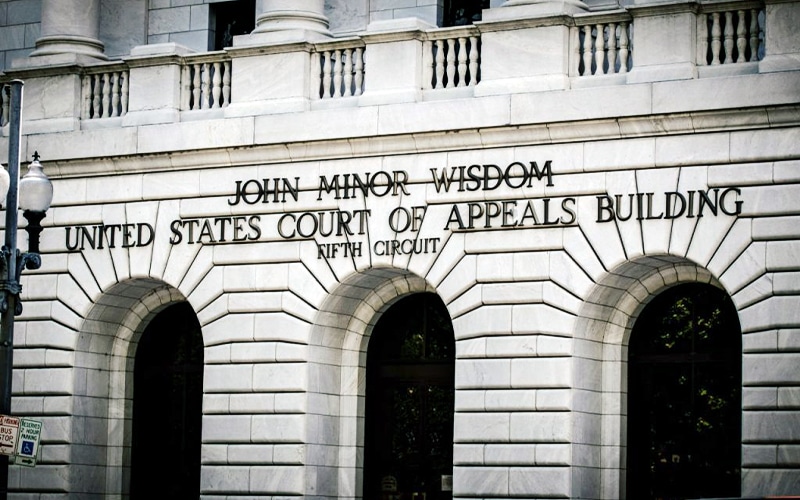The 5th U.S. Circuit Court of Appeals ruled that the SEC’s in-house judges violated the US Constitution by denying fraud defendants their right to a jury trial and operating without required supervision from Congress.
The court ruled 2-1 in favor of hedge fund manager George Jarkesy Jr and investment adviser Patriot28 LLC, reversing an SEC administrative law judge’s verdict of securities fraud.
In 2013, the SEC issued an Order Instituting Proceedings against Mr. Jarkesy and his investment company, alleging violations of securities laws to be tried before an ALJ, years after an initial inquiry.
Mr. Jarkesy attempted to challenge the validity of the SEC’s administrative proceedings in federal court in 2015, but the United States Court of Appeals for the DC Circuit refused jurisdiction.
As a result of being compelled to endure a seven-year administrative ordeal, he reiterated those constitutional allegations in his appeal of the SEC’s Final Order.
After the 2008 financial crisis, Congress passed the Dodd-Frank Act, which gave the SEC more power to impose penalties in administrative actions.
The majority of the Appeals Court ruled that the defendants were entitled to a jury trial because demanding fines is similar to debt collection, which is a private right.
The SEC claimed it was attempting to protect investors and uphold public rights under securities laws.
The majority also determined that SEC judges, also known as administrative law judges, lack constitutional jurisdiction because Congress failed to give guidelines on when the SEC should bring matters in-house rather than in court.
Judge Eugene Davis of the Circuit Court of Appeals objected, claiming that the majority had misinterpreted the Supreme Court’s holdings on public versus private rights.
Davis compared the SEC’s freedom to choose its forum to prosecutors’ capacity to pick the charges they bring. He also disagreed with the majority’s conclusion that SEC judges are unconstitutionally exempt from dismissal.
The decision comes two days after the United States Supreme Court decided to hear a lawsuit challenging the SEC’s internal tribunal in which the 5th Circuit ruled against the agency.
In recent years, the SEC has pursued a number of legal actions in the crypto market, expanding the section of its enforcement division responsible for such matters to just over 50 people earlier this month. Just two weeks back, the SEC imposed a $5.5M penalty against NVIDIA for violating crypto mining disclosure rules.
Subscribe to The Crypto Times for more Crypto Market Insights!!






